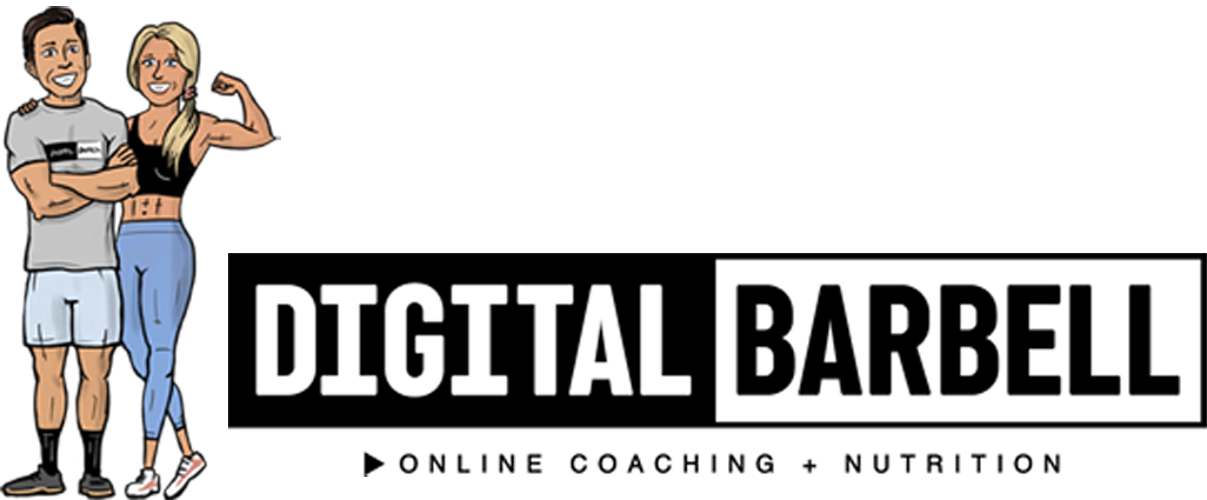
FREE CONTENT
TRAINING | NUTRITION | MINDSET
How To Avoid Regaining The Weight After a Diet - Metabolism Explained
The majority of our nutrition coaching clients have an overall goal to be healthier and to lose some body fat. Let's talk about why it's so hard sometimes.
Today we are going to dig in to some of the specifics of fat loss.
What exactly is happening when we lose weight? Why does it happen? How come it happens differently for everyone? How come formulas don’t always work for calculating how much to eat to lose fat? Why is it so easy to regain fat after the diet ends? By the time you finish reading this you’ll have the answers to these questions and you’ll be better prepared should you set off on your own fat loss journey.
How To Find Your TDEE and How Many Grams of Protein, Carbs and Fat To Eat
We know that calories are our energy source.
The main factor in weight gain or loss is calories in vs calories out (it’s really that simple).
If you want to maintain your body weight you need to eat around the same number of calories that you are burning.
If you want to gain muscle you need to be eating more calories than you are burning.
If you want to lose fat, you need to be eating less calories than you are burning.
Even though we know all of these things we still may not know how much and what to eat!
How To Keep Your Metabolism Healthy As You Age - Keep burning calories!
Moving makes you body and your brain function better.
You know what moving also helps? Your metabolism!
If you’re over 25… your metabolic power is decreasing by about 3-5% every decade. The main reason for this is the loss of lean body mass. Bone and muscle are so metabolically active that a drop is your metabolism could largely be due to a drop in your lean body mass as you age.
We don’t want that to happen!
If you keep, or even improve, your lean body mass from the age of 25 to 35 to 45… guess what your metabolism doesn’t do as much of… drop!



